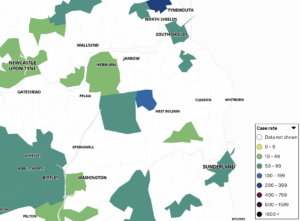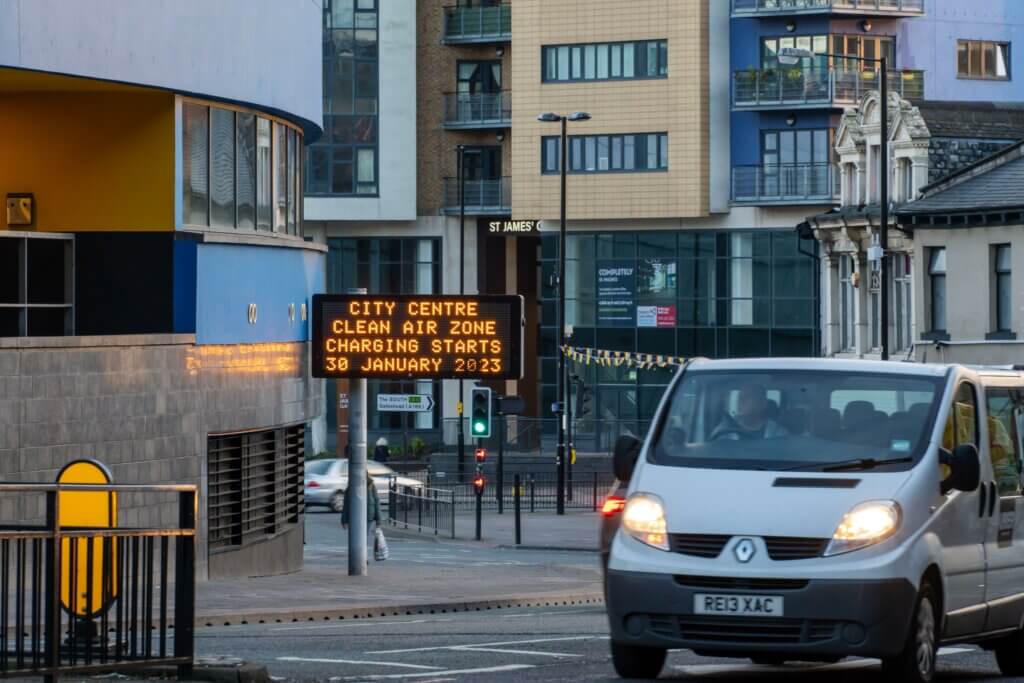Health officials warn over new Covid-19 variant ‘Kraken’
Written by Will Brown on 3rd February 2023
Covid-19 hospital admissions have increased in Sunderland and other parts of Britain, with the UK Health Security Agency now monitoring the latest variant dubbed “Kraken”.
Kraken, or its official name XBB.1.5, was first discovered in the US in October but the variant has now been discovered in the UK with one in 20 cases being the recently discovered infection.
With the variant being relatively new to the UK, healthcare professionals are still monitoring the effects the new variant could have on public safety.
Dr Meera Chand, director of clinical and emerging infections, UKHSA, said: “Through our genomic surveillance we continue to see evolution of variants in the Omicron family. UKHSA is constantly monitoring the situation and working to understand the implications for public health.
“Vaccination remains our best defence against future Covid-19 waves, so it is still as important as ever that people come take up all the doses for which they are eligible as soon as possible.”
According to Gov.uk, there are currently 102 Covid-19 related patients at Sunderland Royal Hospital as of February 1, with there being a total of 975 cases across the North East and Yorkshire.
The Covid-19 related patients at Sunderland Royal Hospital has risen by 52% within two months with there only being 69 hospital administrations caused by Covid-19 at the start of December.
Despite the growing number of Covid-19 related patients, it is unclear how many of the 975 cases are from the XBB.1.5 variant.
It is understood that the majority of Covid-19 cases come from BQ.1 rather than the XBB.1.5 variant but healthcare professionals do believe that the new variant is likely to become the more prominent infection.

Areas affected by COVID (source:Gov.UK)
Tynemouth is currently the area in Tyne and Wear that is currently affected the worse with there being between 200-399 Covid-19 infections per 100,000 people in the last seven days. While cities such as Sunderland and Newcastle have had less than 100 infections per 100,000 people in the last seven days.
The NHS still advise that you should try to stay at home and avoid contact with other people if you have any symptoms of Covid-19 such as but not limited to, a high temperature or shivering, a new continuous cough or a change to your sense of smell or taste.
Professor Susan Hopkins, chief medical advisor at UKHSA said: “If you have any symptoms of a respiratory infection, and a high temperature or feel unwell, try to stay at home or away from others – especially those who are elderly or vulnerable. Face coverings in crowded indoor spaces and hand washing will help to reduce transmission of infection and are especially important if you have any respiratory symptoms.”







